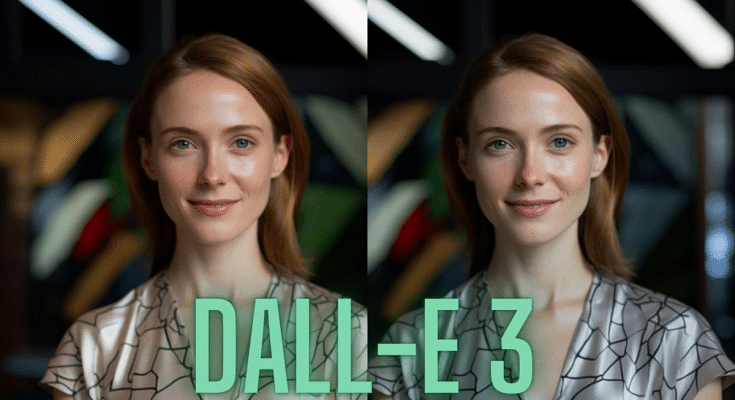Key Highlights
- Text-to-Image
- ChatGPT-Powered Image Generation
OpenAI has unveiled the Dall-E 3, a powerful text-to-image tool. This new tool utilizes the capabilities of ChatGPT, (OpenAI’s popular AI chatbot) to convert text-based prompts into stunning images. Here, we delve into what Dall-E 3 has to offer.
Also Read: ChatGPT Is Now Available On Android Starting Next Week
Accessible To ChatGPT Plus

Dall-E 3 is set to become available to ChatGPT Plus users in October via the API. This means that those with access to ChatGPT’s premium offerings will have the privilege of harnessing the creative potential of Dall-E 3 to bring their text-based ideas to life visually.
Dall-E 3 has a ability to transform intricate requests into highly detailed and accurate images. However, OpenAI recognizes the importance of safety and has implemented measures to limit the generation of content that is violent, adult-oriented, or hateful. Moreover, it will decline requests that target public figures by name or seek images in the style of a living artist.
OpenAI is committed to respecting creators’ rights. Users have the option to opt out of allowing their work to be used for training future text-to-image tools. This shows OpenAI’s dedication to ethical AI development and ensuring that creators have control over their content.
OpenAI is not the only AI tool generating text-to-picture. Other companies like Alibaba’s Tongyi Wanxiang, Midjourney, and Stability AI are also working to make their picture-making AI better.
Also Read: Apple Developing AI Chatbot ‘Apple GPT’ To Compete With OpenAI’s ChatGPT: All Details Here
Challenges And Concerns

Despite the remarkable advancements in AI-generated images, there are challenges and concerns to address. Notably, a recent ruling in a Washington DC court stated that AI-generated art without human input cannot be copyrighted under U.S. law, raising questions about ownership and authorship.
OpenAI itself faces legal challenges, including a lawsuit by a trade group representing U.S. authors, which alleges that OpenAI unlawfully trained ChatGPT on the works of prominent writers like John Grisham and George R.R. Martin.
Also Read: ChatGPT App Now Launched In India And 32 Other Nations: Who Can Use?
